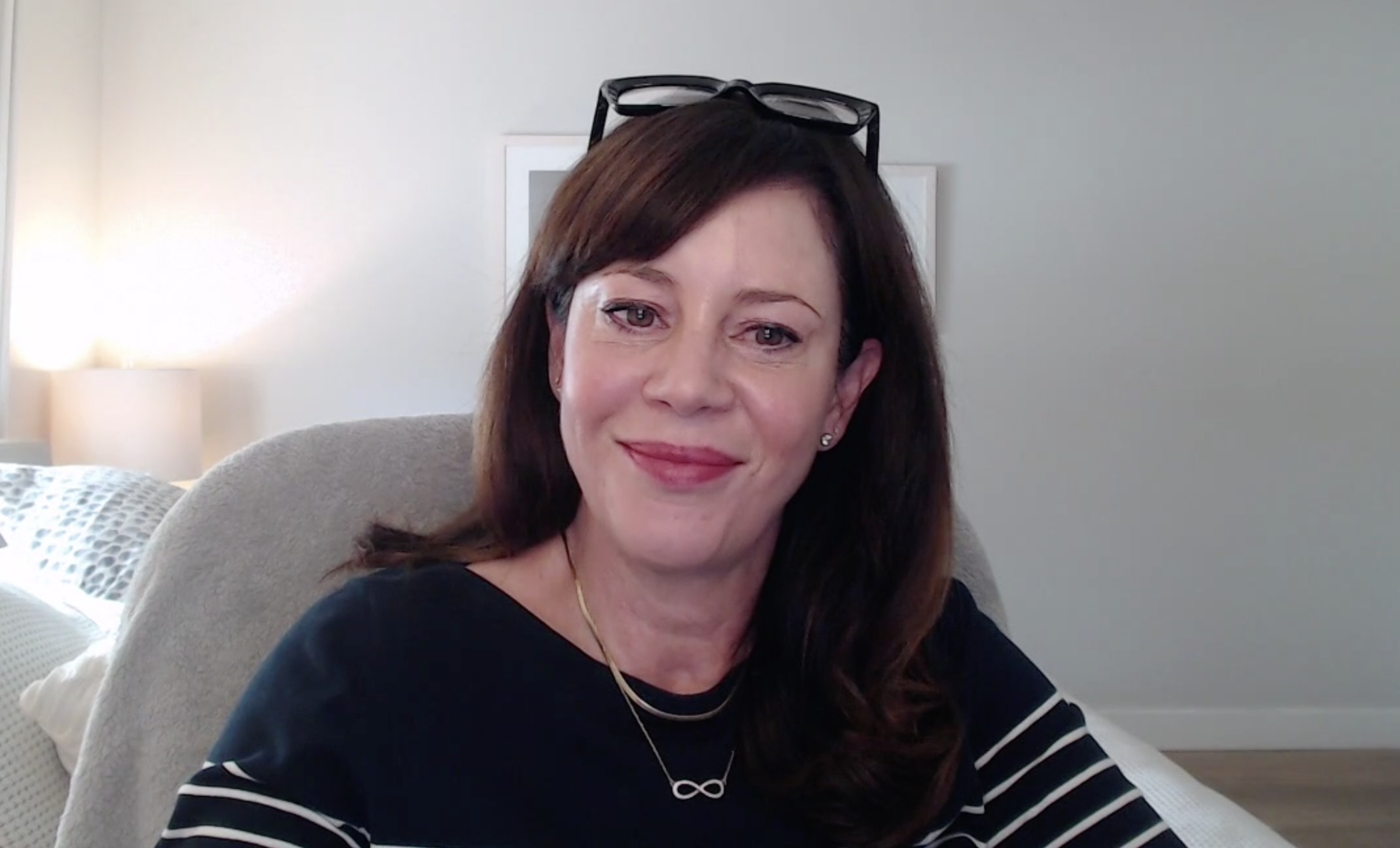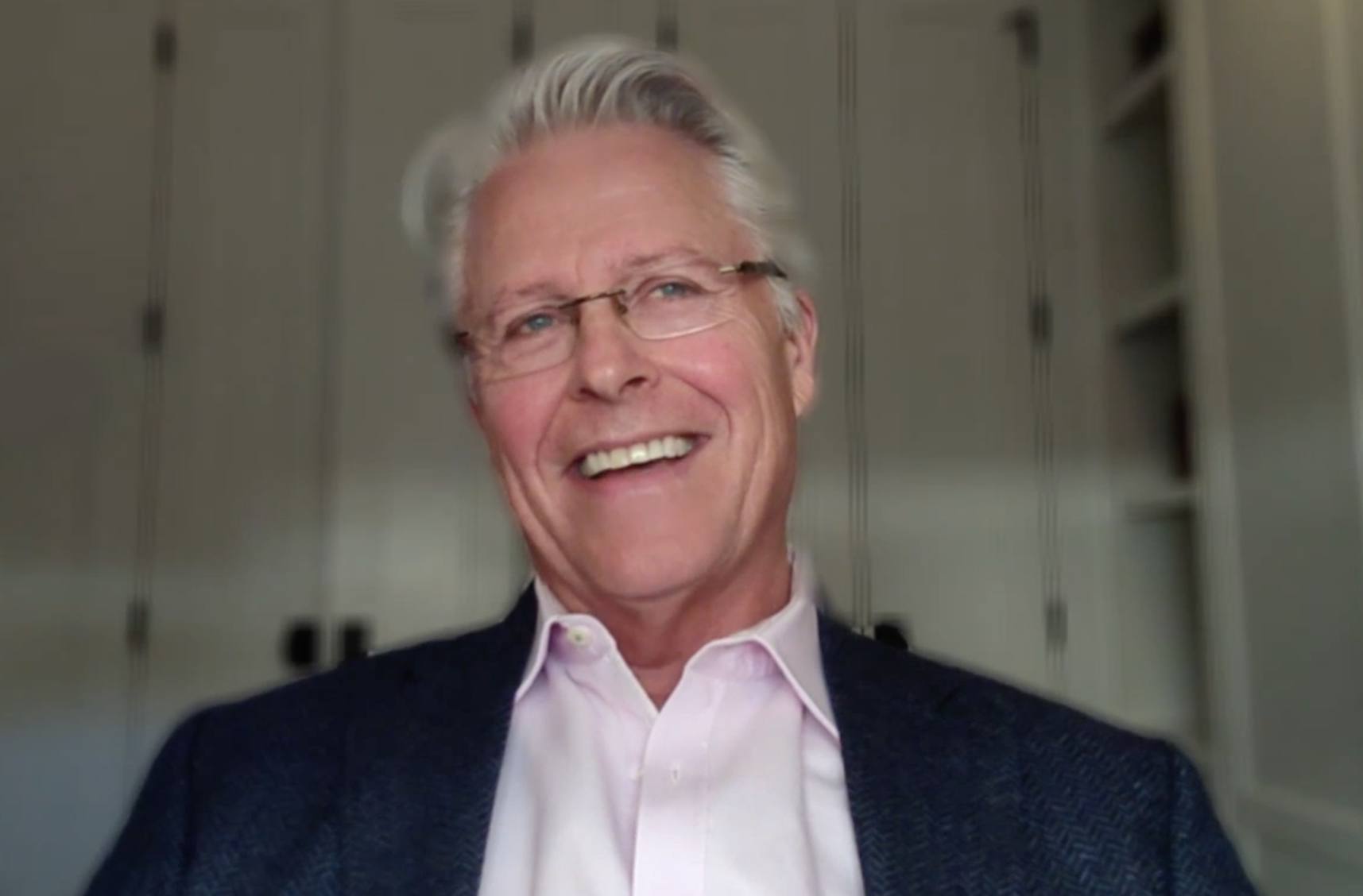In a candid and insightful episode of Skilled, Sarah Tilley, Senior Vice President of Global Talent Acquisition and Development at ServiceNow, shared both her most humbling moments and proudest accomplishments in her journey as a global talent leader. From an early career experience in which nerves got the best of her to driving a transformational performance development program, Sarah’s story is one of learning to trust yourself, act fast, and embrace the lessons from both successes and failures.
Overcoming Imposter Syndrome: “Trust Your Voice”
One of the most relatable and inspiring stories Sarah shared was from earlier in her career when she had just moved to the Walt Disney Company. As a new leader meeting with the chief technology officer for the first time, she was excited but nervous—so nervous, in fact, that she started sweating profusely. “I just started sweating, not just a little, a lot. It was dripping,” she recalled.
This moment, while embarrassing, carried a deeper lesson. The CTO questioned whether she was the right fit for the role, but over time, Sarah and her team delivered strong results. Her leader gave her valuable advice: “Be confident in what you’re bringing to the table… Your voice is just as important as anyone else’s.”
Sarah learned to stop focusing on the titles or levels of others in the room and to center her energy on what she knew she could contribute. She encouraged others to trust their voice as well: “At any point in your career, you might ask, ‘Am I supposed to be here? Am I qualified to be here?’ The key is getting out of your own head and being confident in what you do know.”
Transforming Performance Development at Scale
Sarah’s proudest achievement at ServiceNow was leading the transformation of their performance development strategy. Tasked with revamping a somewhat outdated and unclear performance evaluation system, Sarah and her team implemented a more transparent and connected framework. They moved away from vague performance criteria and introduced objective assessment standards, a new rating scale, and regular quarterly check-ins for ongoing feedback between leaders and employees.
“We had a lot of people who thought they were performing great but didn’t have any clear insight,” she explained. The overhaul resulted in more consistent and honest evaluations, tighter links between performance and compensation, and an empowered leadership team better equipped to manage performance.
Sarah gave significant credit to her team, particularly Natalie Botes, who was instrumental in bringing the vision to life. In just three months, ServiceNow stood up a new system, showing the organization’s ability to act quickly without waiting for perfection. “The speed of technology and AI means if you wait to get everything perfect, you’ll be behind by the time you launch,” Sarah pointed out.
Leading with Speed: The Product Mindset
Throughout the conversation, Sarah emphasized the importance of speed in today’s business environment. At ServiceNow, adopting a “product mindset” is critical. “We don’t wait for things to be perfect. We launch, iterate, learn, and then improve,” Sarah said. This fast-paced approach aligns with the rapid changes in technology, particularly with the advent of AI, which Sarah believes is transforming how HR and learning functions operate.
For example, ServiceNow uses its own technology platform to support performance development and now integrates AI to make the experience even more seamless. “AI is allowing us to simplify the experience and personalize development paths at scale,” she explained.
Sarah’s approach shows that while speed comes with challenges, it’s necessary for keeping up with today’s competitive landscape. Her advice is clear: don’t wait for consensus or perfection—just start.
Navigating Challenges: Learning from Failure
Not every strategy hits the mark right away, and Sarah was transparent about a time when things didn’t go as planned. At Disney, Sarah had the idea of creating a rotational program for technologists, allowing early-career employees to gain experience across the company’s various business units. On paper, it made sense—rotate talented technologists across industries and accelerate their development. But in practice, the program didn’t address the core issue, which was understanding how to leverage technologists without deep vertical experience.
“We didn’t understand how to organize the work to benefit from this type of talent,” she reflected. The handoffs between business units didn’t work as smoothly as intended, and they needed to focus more on analyzing the specific needs of the organization before implementing a solution.
Still, Sarah sees this failure as part of the learning process. “Sometimes you have to fail fast,” she said. The experience taught her that moving quickly is important, but it’s equally important to invest time upfront to fully understand the problem.
Balancing Impact and Cost: Prioritizing Results
One of Sarah’s core philosophies is prioritizing impact over cost, a lesson she shared with refreshing honesty. “If I can save a dollar versus make a greater impact with that dollar, I will choose impact every time,” she said. For Sarah, fiscal responsibility is important, but the real focus should be on the value driven by investments. If the organization is too focused on cutting costs, it risks stalling growth. “You’ll stall a lot faster if you’re not driving results,” she added.
Advice to Her Younger Self: Create Space for Yourself
In reflecting on her career, Sarah’s advice to her younger self—and to others—was simple: don’t feel the need to be productive all the time. “It’s about creating the space for your own mental care,” she explained. Sarah acknowledged her tendency to thrive on checking off to-do lists but recognized that constantly being in productivity mode leaves little room for creativity and self-reflection.
“I find that when I’m not trying to be productive every minute, I’m more present, more creative, and more empathetic,” Sarah said. She encourages others to prioritize time for family, health, and personal interests because, in the long run, that balance leads to more meaningful growth.
Conclusion
Sarah Tilley’s journey as a global talent leader at ServiceNow and beyond is full of valuable lessons about embracing confidence, leading with speed, learning from failure, and balancing impact with cost. Her story underscores that success is not always about perfection but about taking bold steps, trusting your voice, and allowing yourself space to grow.





